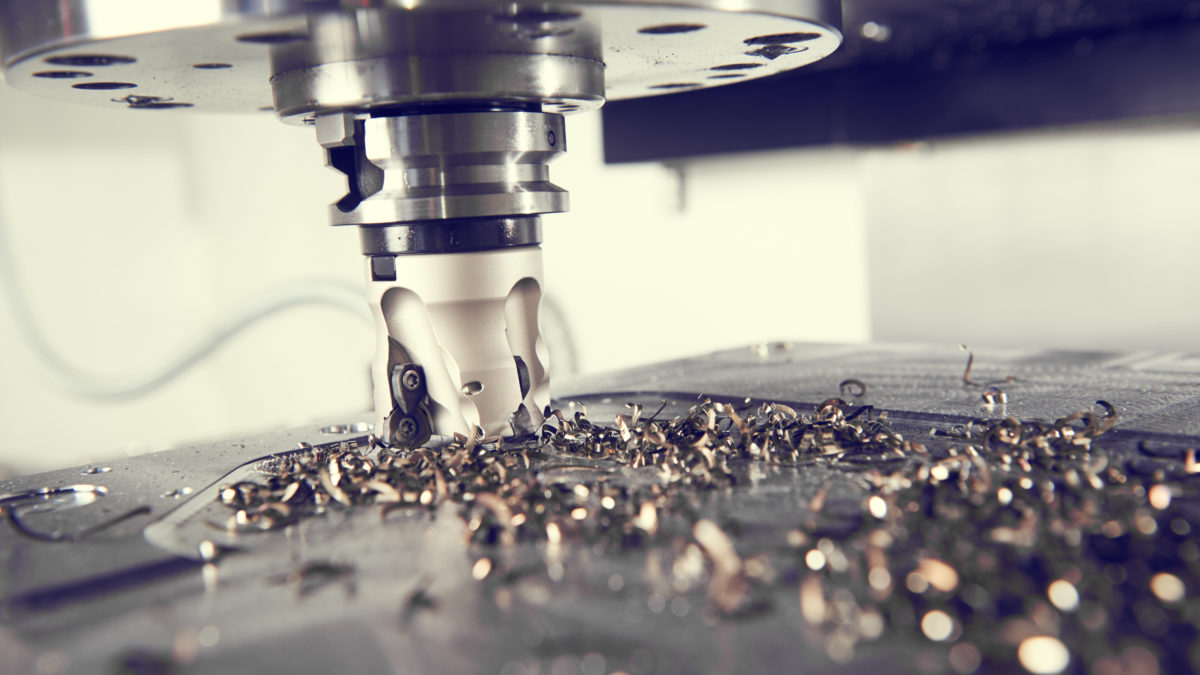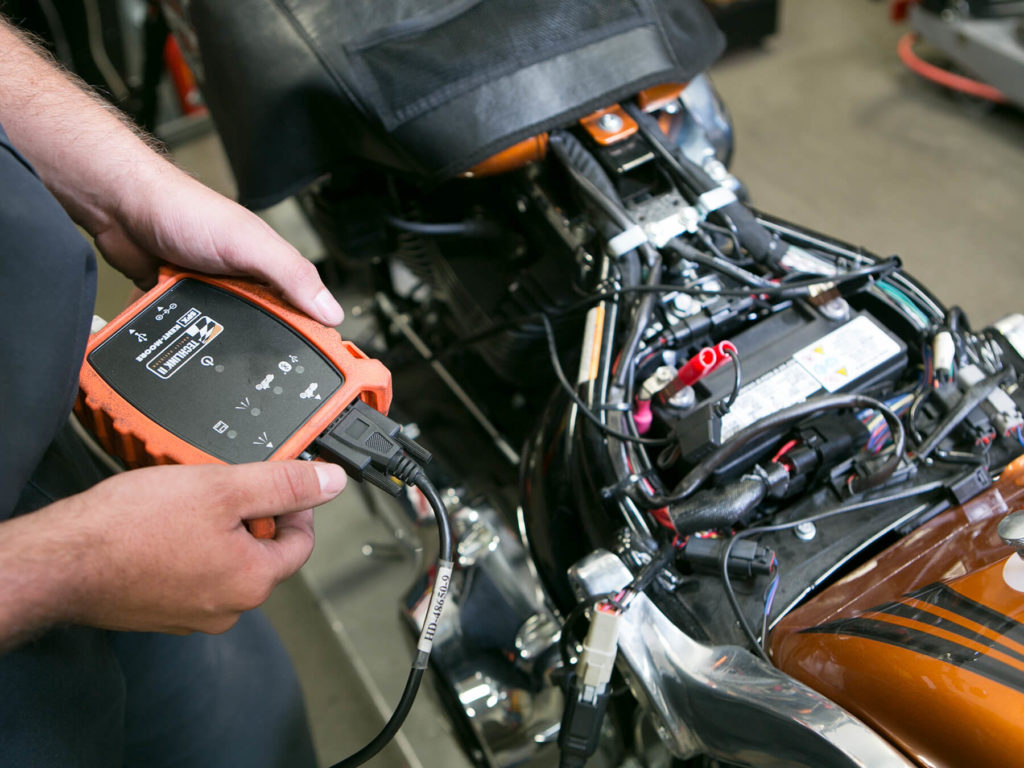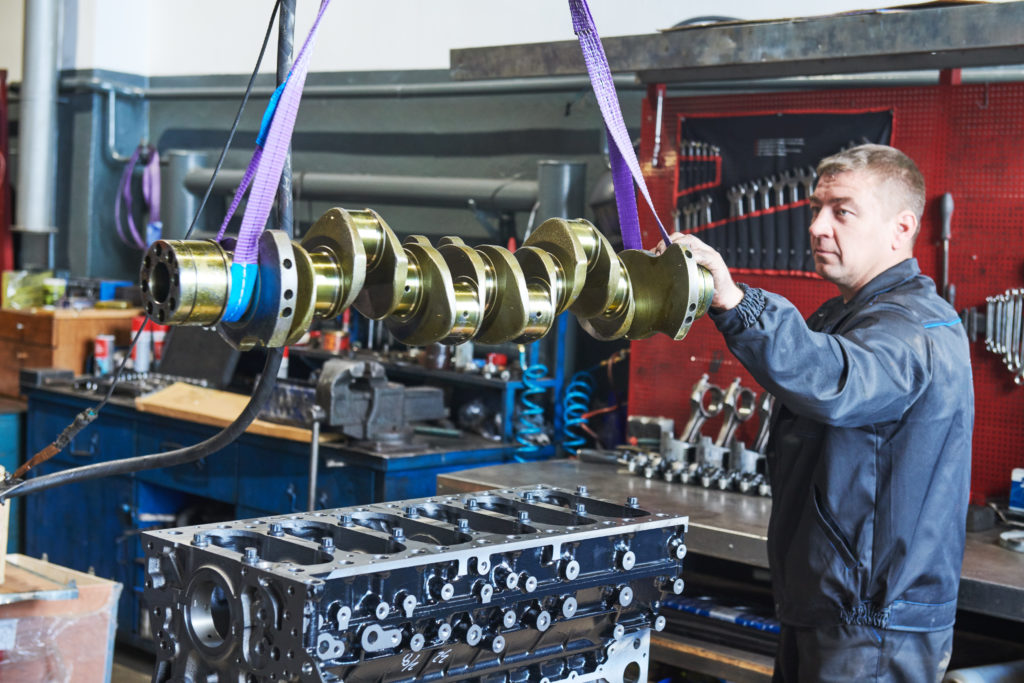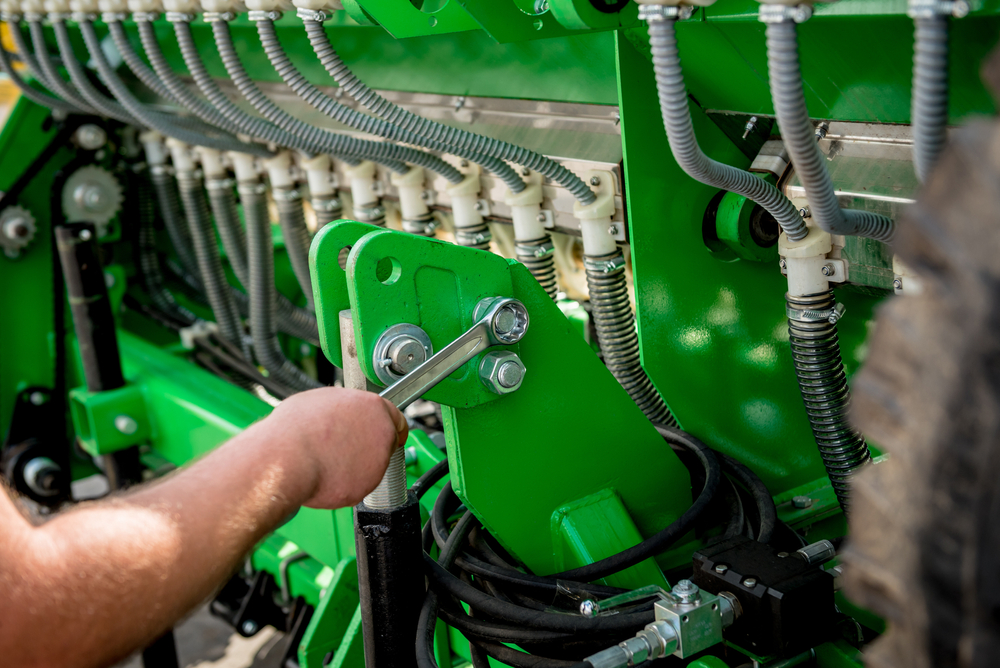What Is CNC Machining?
What Is CNC Machining?
Nearly half a million jobs in the United States are occupied by machinists and tool and die makers, according to the Bureau of Labor Statistics (BLS). And while you’re almost certainly familiar with some of the results of CNC machining, you may not know exactly what it is.
CNC Machining
CNC machines (or computer numerical control machines) are devices that manipulate machine shop tools via computer programming and automation. CNC machines are used to transform stock materials—such as metals, plastics, and even wood or foam—into three-dimensional objects. Everything from automotive parts to furniture and kitchenware may exist with a little help from CNC machining.
Those of you who took shop class in high school are likely familiar with some of the tools used in CNC machine—drills and lathes, for example. Unlike your first attempt at making a birdhouse, however, a CNC machine is not forced to follow pre-written, step-by-step instructions to achieve a desired result.
Instead, it uses computer software to analyze a 3D design file containing the shape and proportions of an object. Then, it generates extremely precise computer instructions specifying how and where the machine tools should move in order to correctly cut the material into the desired shape.
Skills on the Job
As you might guess, CNC machinists do a lot of work with their hands. But they also need to have the skills to read blueprints and computer-aided design (CAD) files, set up and operate software programs, and maintain computer-controlled machines.
If you’re detail-oriented, comfortable with technology, and enjoy working with your hands, a career as a CNC machinist might be the right fit. Be aware that this type of job often requires standing for long periods of time, performing repetitious movements, and wearing protective safety equipment to avoid hazards like fumes, loud noise from machinery, and metal debris.
CNC machinists typically work in machine shops and manufacturing facilities—often in the transportation, aerospace, or construction industries. The products they create can vary widely, “from simple steel bolts to titanium bone screws for orthopedic implants,” as the BLS says. Machinists may be responsible for producing multiple parts designed to fit together, specialty or replacement components for existing products, or mass quantities of common parts.
Preparing for a CNC Career
To prepare for a CNC machining career, you may consider enrolling in specialized career training, such as a certificate, diploma, or associate degree program. A career training program can offer you hands-on experience on state-of-the-industry tools to give you the experience needed to begin a new career. You can also expect to spend some time getting on-the-job training to help you succeed in the specific industry you choose to work in.
Ready to find a CNC machining training program near you? The Imagine America Foundation has a robust network of schools that offer the hands-on training you need to begin your journey toward a career as a CNC machinist. IAF is proud to work with partner institutions like Universal Technical Institute, which offers training programs in a variety of technical fields—including computer numerical control machining.
More From Universal Technical Institute
Motorcycle Mechanic Careers with Motorcycle Mechanics Institute
The Future of Motorcycle Mechanic Careers with Motorcycle Mechanics Institute Meet Motorcycle Mechanics Institute As one of the leading providers of professional training for skilled motorcycle technicians, Motorcycle Mechanics Institute (MMI) offers one of the largest motorcycle training group of schools in the nation. Motorcycle…
1 Comment
Leave a Reply Cancel reply
- - ADVERTISEMENT - -
Categories
- Alumni Series (13)
- Automotive (57)
- Aviation (15)
- Business (14)
- Business & Arts (18)
- Career College Expositions (7)
- Career Development (96)
- CCC Blog (1)
- CCC Podcast (9)
- College Resource (90)
- College Showcase – Lincoln Tech (6)
- College Showcase – New Jersey (8)
- College Showcase – Pennco Tech (1)
- College Showcase – Universal Technical Institute (2)
- Continuing Education (154)
- Cosmetology (3)
- Counselor Resources (108)
- Criminal Justice (3)
- Dental Assistant (2)
- Education (109)
- Financial Literacy (17)
- Health Sciences (50)
- Heritage Series (3)
- High School Recruitment Series (4)
- Housing Series (10)
- HVAC (8)
- Imagine America Scholarships (12)
- Information Technology (17)
- Massage Therapy (5)
- Mechanical Sciences (109)
- Medical Assistant (12)
- Millennial Student Series (4)
- News (11)
- Nursing (22)
- Online education (13)
- Pandemic Proof Series (4)
- Personal Finance (17)
- Podcast (90)
- Research (11)
- Road Map Series (2)
- Scholarships (12)
- Social Media Series (4)
- Strata Tech (3)
- Student Success (29)
- Study Tips (3)
- Time Managment (1)
- Top 10 (10)
- Trucking (2)
- Uncategorized (14)
- Universal Technical Institute (19)
- Veteran Affairs (8)
- Welding (24)
- Women in Skilled Trades (3)
Tags
- - ADVERTISEMENT - -








It was informative when you explained that CNC machines use automation and computer programming to control machine shop tools. I would imagine that CNC machines need the proper coding in order to function. Working with the right fabrication shop seems like a good way to make sure that your tools have the right coding.